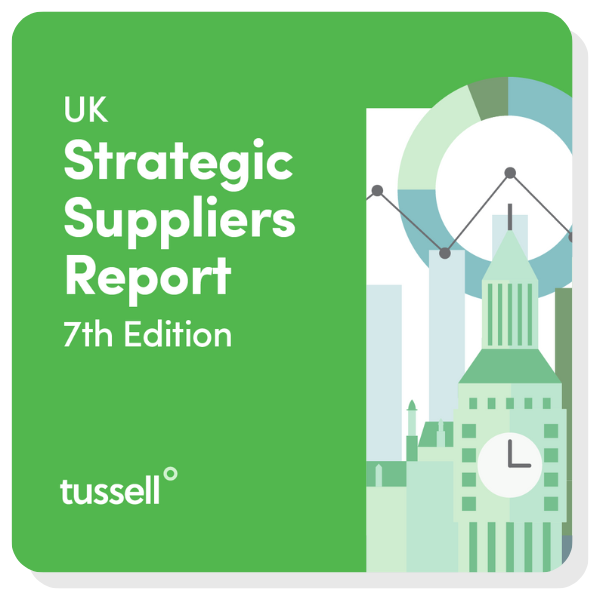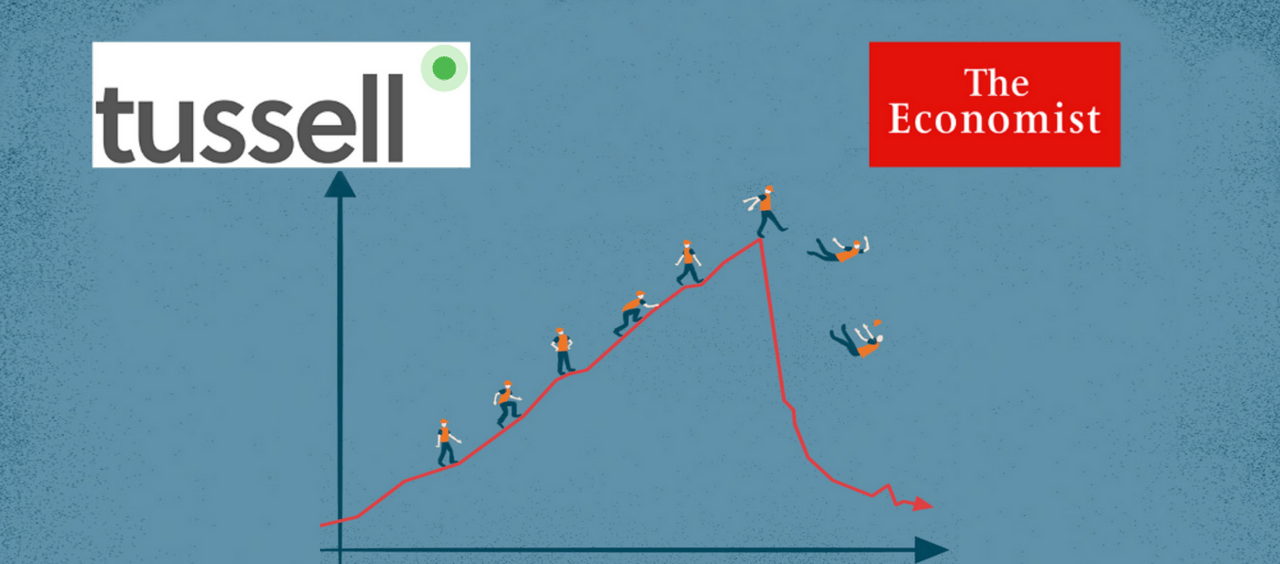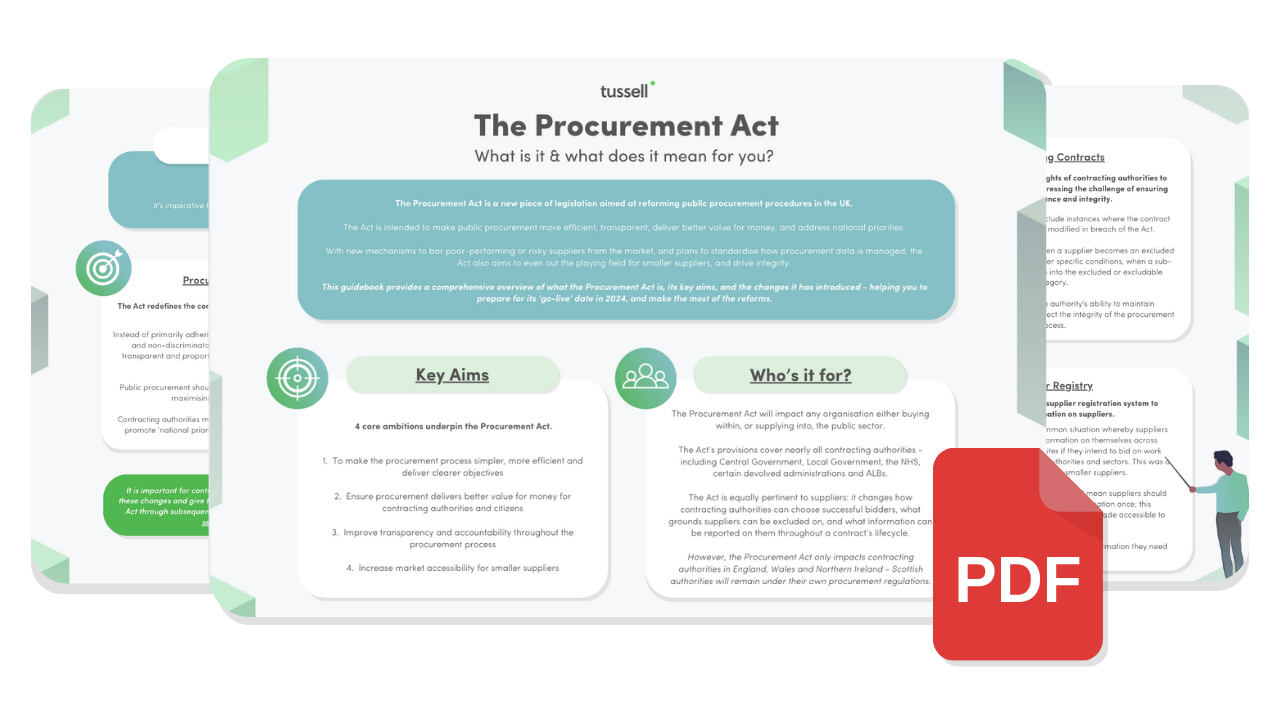Extracts from an article by The Economist.
“STEERING Britain’s new aircraft-carrier into its home base at Portsmouth is a delicate business. There is little room to spare at the mouth of the base, so the 65,000-tonne behemoth, HMS Queen Elizabeth, is nudged along by a specially commissioned tug, SD Tempest. Despite the sensitivity of the task, this is not a Royal Navy vessel. The tug was built and is operated by Serco, a private company, which also tows the country’s nuclear submarines out to sea from their base at Faslane.
This is testimony to the range of work that Britain’s outsourcing companies do for the government, from serving school meals to serving up Armageddon. Serco also runs six prisons, an immigration removal centre and the sleeper-train from London to Scotland, among other things. So big has the sector become that government spending on outsourcing now accounts for about 11% of GDP.”[…]
“Austerity has had other perverse effects. To cut procurement costs, the government has preferred to negotiate single big contracts rather than lots of small ones. Outsourcers have thus bought up lots of smaller businesses, to cater for a wide range of functions. This has led to market concentration, undermining the principle of competition that outsourcing is supposed to introduce. In total, there are about 200,000 providers to government. Yet according to Tussell, a firm that analyses public procurement, last year about a quarter of the value of the 60,940 outsourcing contracts signed by the government went to just 29 big companies.”
Read the full article on The Economist website.













